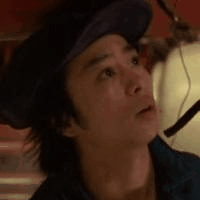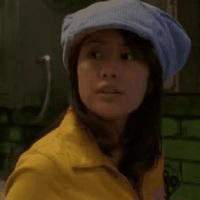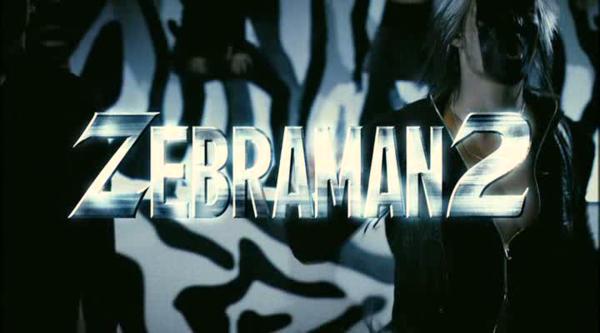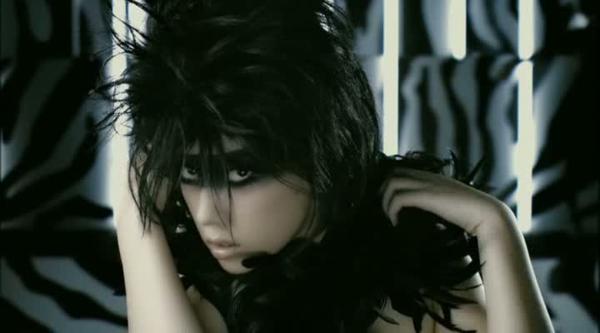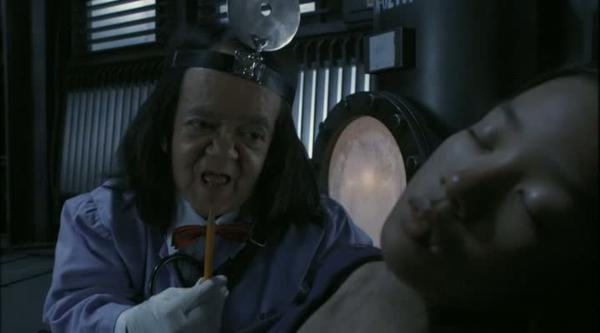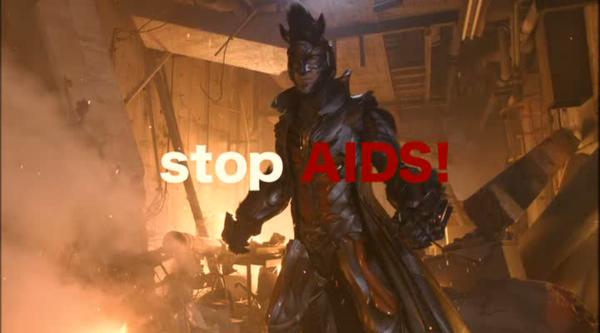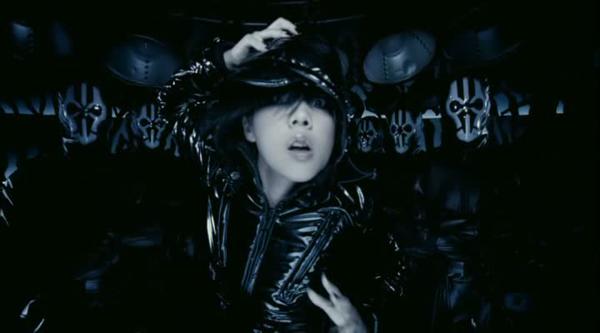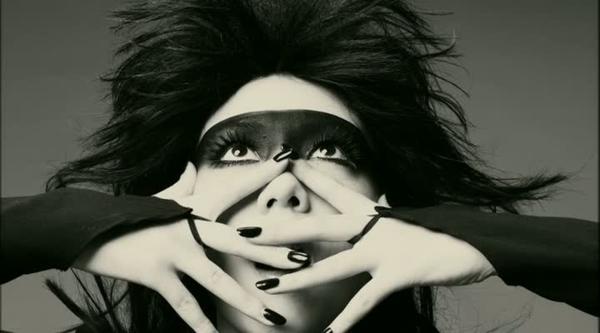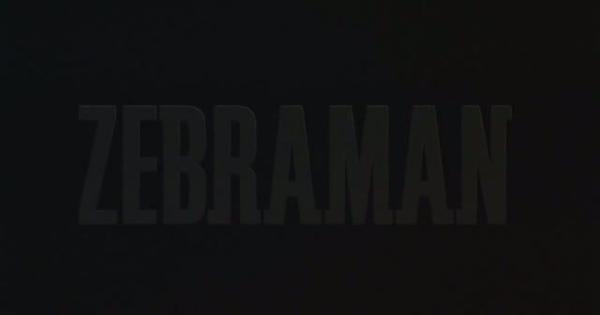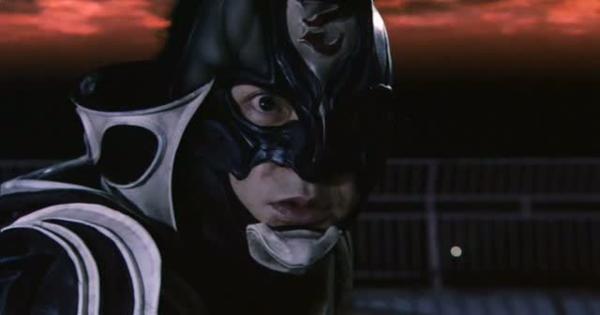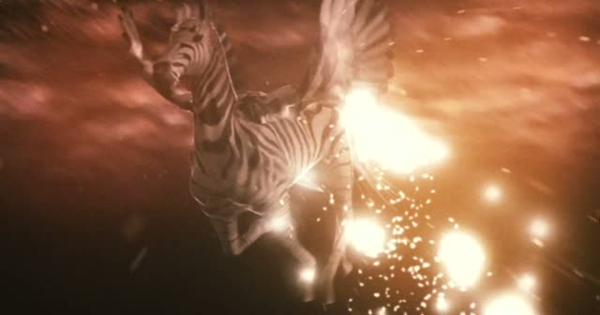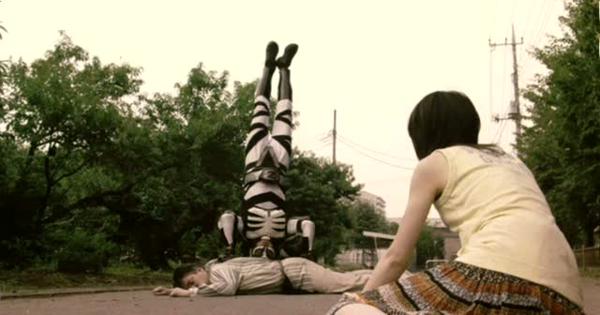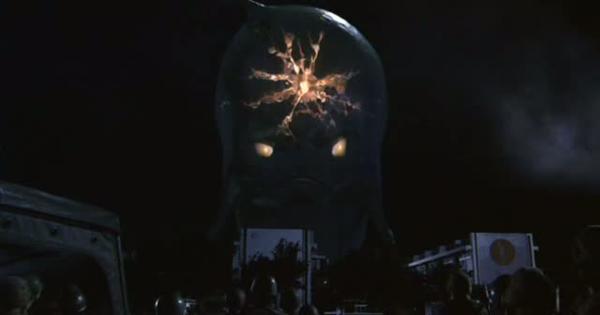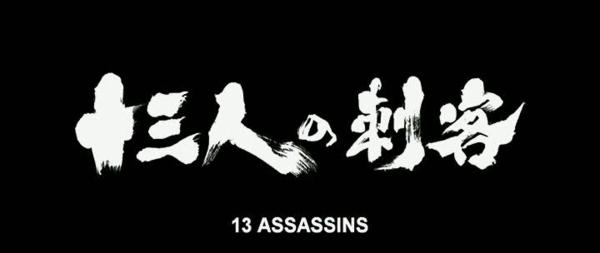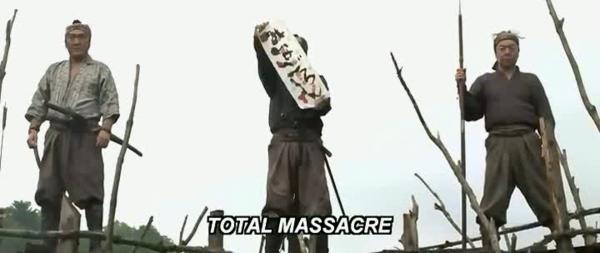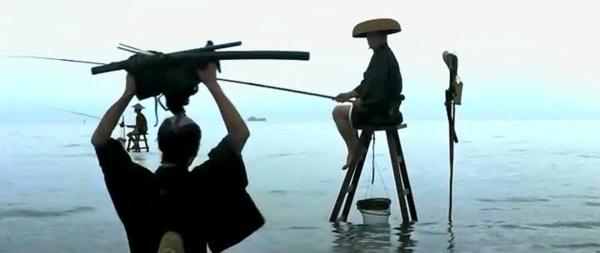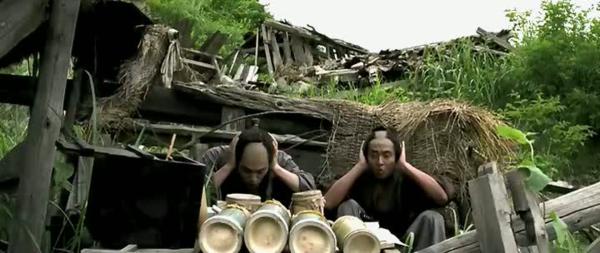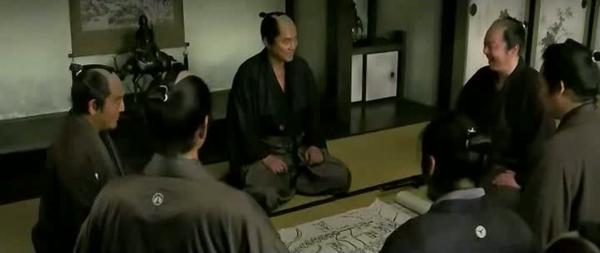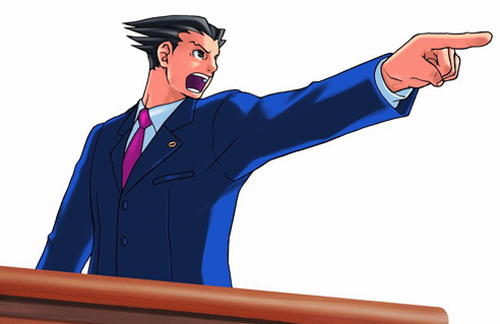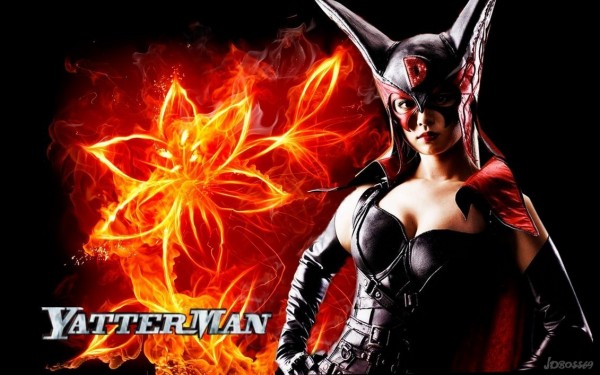Yatterman
aka ヤッターマン aka Yattāman
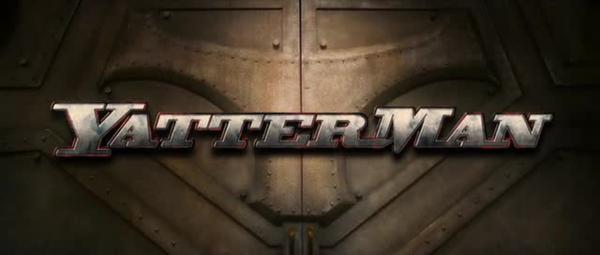
2009![]()
Screenplay by Masashi Sogo
Story by Tatsuo Yoshida
Directed by Takashi Miike
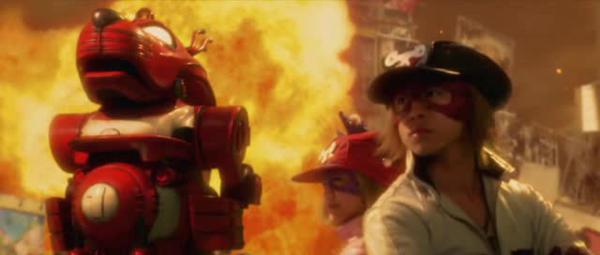 |
|
It’s posin’ time!
|
Yatterman is a big pile of dumb fun. Based on a cartoon show from back in the day (back in the Japan day) of 1977. Smart people (or people who know how to quickly Google things) will know that Yatterman was the second show in the Time Bokan Series, which is a group of cartoons from Tatsunoko Productions. The cartoons evolve and feature similar groups of heroes and villains. Yatterman was the longest running series, and has even sported a revival cartoon in 2008.
Yatterman is about two super-heroes who fight a variety of monsters/giant robots that are the work of the Doronbo Gang, baddies attempting to get the pieces of the Skull Stone together to awful things will happen…and also the Doronbo Gang gets rich. The hero is the teenage son of a toy store owner who has modified his dad’s toys into weapons to fight evil, and does so with his girlfriend. Yes, the concept is nuts, and that’s why we love it.
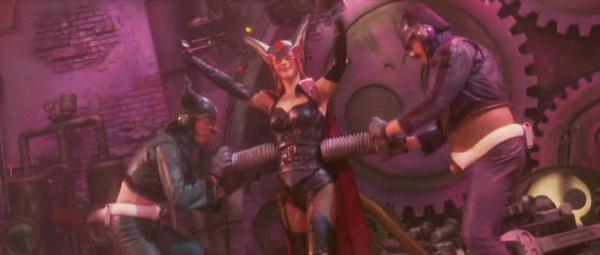 |
|
Subtext? What’s that?
|
Genre fans of Takashi Miike might be disappointed that there is no slicing of nipples, piano wire, or transexuals firing darts from their vaginas. But then, if that’s still all you expect from Miike by now, you really need to get out more. This isn’t 2001, people. Miike brings his usual over-the-top exuberance to Yatterman, this time translating it into the cartoony style that fits perfectly with the universe.
The Yatterman world is a ridiculous one, but also full of whimsy and wonder. Evil villains scheme and build giant robot machines, but are easily defeated. Characters are both stereotypical archetypes but also complex and developed personalities underneath.
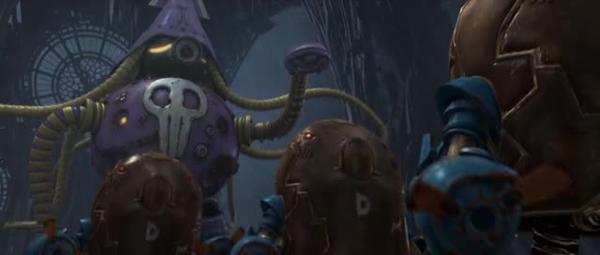 |
|
The extra Ds are for a double dose of Doronbo!
|
Like all the best films, the villains are a thousand times more interesting than the heroes. Lady Doronjo is the hot girl who is evil, yet also hopelessly in love with her biggest nemesis. Tonzura aspires to be a wrestling champion and barely seems evil, while Boyacky is that guy who’s leering at you the entire bus ride. He’s also a mechanical genius and hopelessly in love with Lady Doronjo.
The entire film is packed with sexual innuendo. By innuendo, I mean totally blatant. Giant robots have breasts or what looks suspiciously like a giant wang (and all of these things fire things out of them) and there is a disturbing scene involving robot ants. Yatterman is one big pervert’s paradise.
Throughout the film, The Doronbo Gang embarks in a series of scams to acquire a large amount of money to build their mechanical creations in order to battle the Yatterman squad. Their methods are often genius, and all three of them could easily find legitimate employment and make buckets full of money, but they love the freedom of being able to do whatever they want, and also the dream of getting even richer and more powerful.
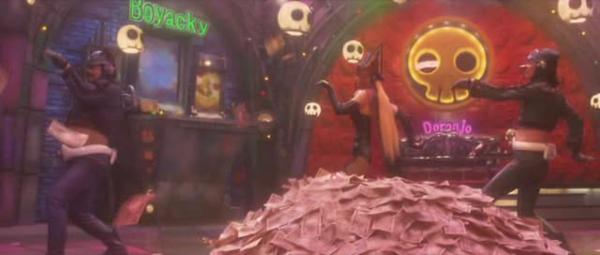 |
|
This is the best movie ever.
|
Because this film is weirdtacular and strange, it must be thoroughly examined and gets a full scale breakdown. Yatterman style!
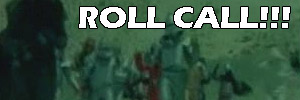
|
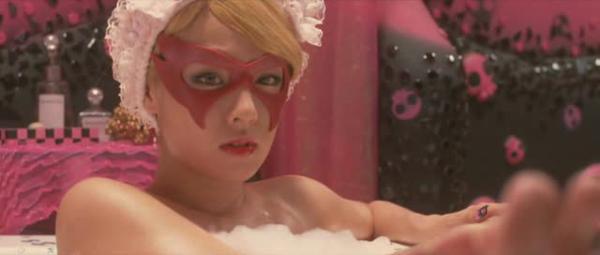 |
|
If you count all the skulls in this movie, you will unlock the secret number from the movie Pi!
|


